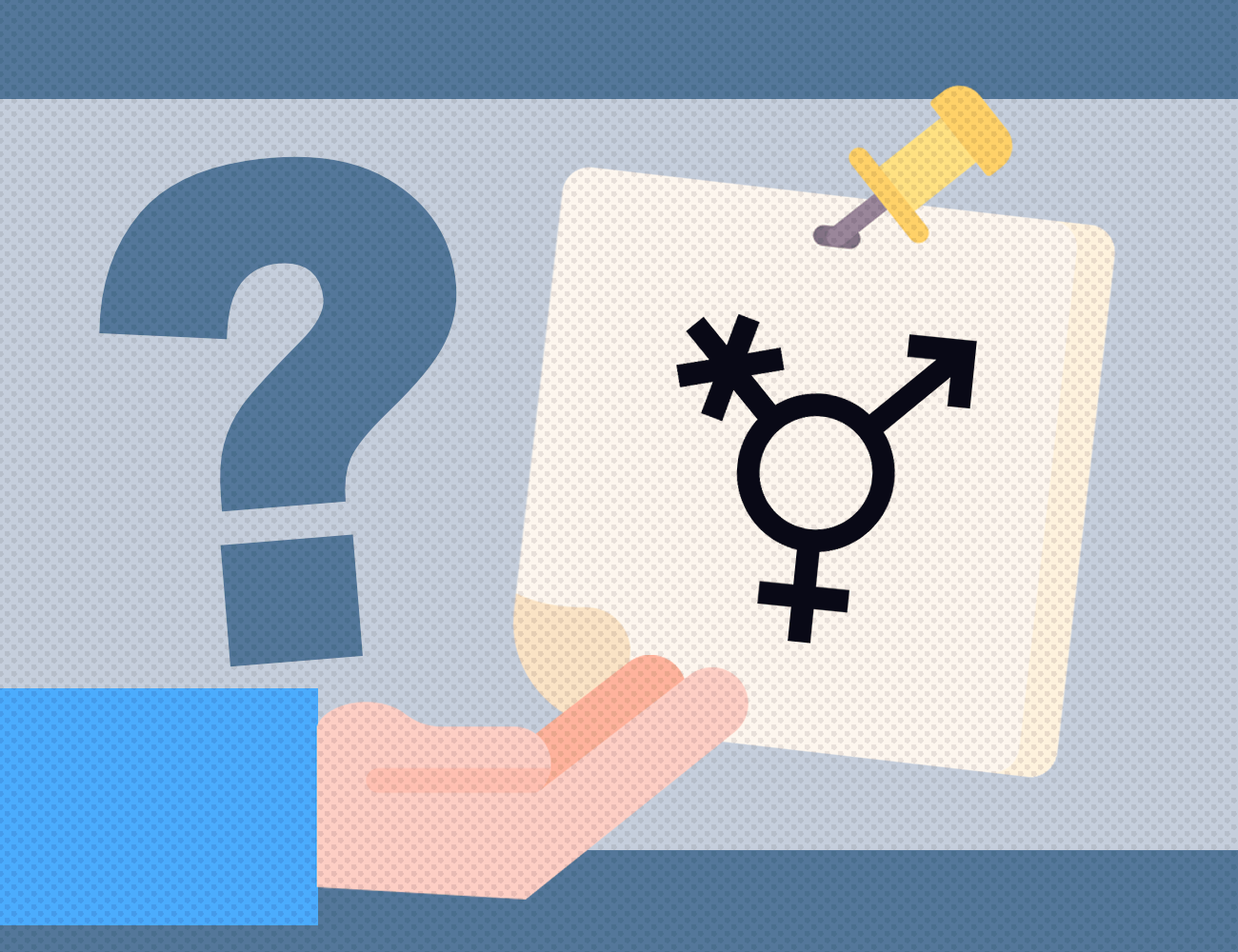
A new student at DIS opens an email from their English teacher, and it ends with two words: she/her. This puzzles the student, for many Koreans have little knowledge or representation regarding gender issues and the LGBTQ+ community compared to their Western counterparts. So what’s the deal with the whole he/him, they/them business? “I’m not really into pronouns. I mean, I actually do know a little bit but when someone asks me, I just say he/him. It’s not really important to me because that’s not my interest, and it sounds really complicated for me to comprehend,” said senior Alex Lee.
Pronouns exist in the Korean language, but people rarely use them in daily life. Colloquially, when a person says, “What is she doing?” Korean users omit the pronoun and phrase their question as, “뭐해 (what doing)?” Everyone understands thanks to context clues – if the previous comment points towards someone, the response should logically follow them too. This “common sense” in the Korean language seeps into the conceptions of many and puts less weight on the importance of gendered pronouns.
Like Lee, many people voice frustration at the complexity of the topic. The diverse array of words puzzles them and makes them question why such an extensive discussion exists in the first place. Oftentimes, they don’t understand the necessity of gender identities outside the binary. Nonetheless, to those directly involved, the simple terms we use heavily impact their self-image and everyday lives. For this reason, DIS students should educate themselves on this social concept as global citizens. So, here’s a pronoun 101 for all of you:
What are pronouns, and why should I care?
Pronouns, one of the fundamental particles of the English language, clarify the person referred to in a speech. In daily conversations, we often unconsciously slip in additives such as ‘he, she, they, it, and we’ without a second thought.
But because of human nature, this figure of speech holds a deeper meaning than mere clarifications. Namely, people love to categorize each other. For example, the sentence, “she ate the cupcake,” evokes a mental image of a cupcake devoured by a woman because of the pronoun used in the sentence – “she.” So, these words validate and reaffirm one’s gender identity.

“When it comes to pronouns, we just have words to describe how things are. I think that there are people, transgender or not, who don’t necessarily feel that they fit into this one box or this other box. They fit either somewhere in between those boxes or they fit somewhere outside those boxes or they don’t fit in any of those boxes, and they just want language to reflect that for them. They want their peers and their friends and their loved ones to acknowledge that they don’t feel like one or two boxes fit for them, and I think that a way to choose pronouns is their way of being acknowledged,” said Mr. Balint, a science teacher.
As Mr. Balint explained, pronouns exist under the construct of “gender” crafted by society, and many choose to opt out of the binary bounds (a belief that classifies gender into only male and female) in their identity and venture into a wider range.
Amongst the myriad of terms that refer to a wide spectrum of genders, you should at least be aware of “they/them/themself.” You probably find she/her and he/him familiar, but they/them might seem confusing. Contrary to English grammar rules, “they” can be used for a single person.
In a genderqueer (the idea that rejects gender binary principles) context, the word indicates someone who conforms to neither a male nor a female identity. This includes nonbinary and gender-fluid people. For example, instead of “he ran the marathon,” you should say, “they ran the marathon.” Some people prefer to use no labels at all. For them, we should just simply use their names instead.
At times, people misgender others intentionally by using the wrong set of identifiers even when the other person explicitly indicated their preference. For some, this act of misrepresentation comes across as invalidating their existence. Imagine someone referred to you as “she/her” when you go by “he/him.” How would that make you feel?
I understand now. How should I react?
You got the basics of pronouns, congratulations. But wait, how do you use it in real life? Won’t it make conversations awkward? Slow down, and let’s see what you might do or say after someone tells you their preferences.
“I think that there have absolutely been times when students have entered my teaching with a certain gender then some time over the years that I’ve known them, they’ve decided that they would like to be known as a different gender. And I try to support students. When they tell me, ‘Mr. Cameron, I would like to be known by these pronouns,’ I say, ‘OK, all right.’ I think our job as educators is to create safe spaces for kids to feel comfortable.” said Mr. Cameron, a science teacher and the advisor of the LGBTQ+ Organization for Various Ethnicities (LOVE).
You might now think, “That’s it?” Yes. A person’s pronoun differs little from other parts of their identity like ethnicity or political beliefs, and the last thing you should do is act awkwardly after they disclose themselves; it defines their gender, just as your pronoun defines yours, not their entire personality.
A little respect goes a long way, and it happens in our school community as well. Mr. Balint showed he cares about his students’ gender identities with a questionnaire that included a section about preferences on the first day of class. Personally, Mr. Balint was the first teacher to ever ask about mine. This gentle way to indicate that he cares about the students he teaches without the pressure of an answer notes a perfect example of inclusivity and reassurance.
Another point to remember: it’s normal to make mistakes. Don’t blame yourself for accidental misgendering, because everyone errs here and there, especially when society imposes a gender binary system on us. Continuous effort counts.
“There’s nothing wrong with messing it up…what happens is usually people correct me, and then I try to remember that and I move on. So if I were to use the wrong pronoun with somebody, for example, it’s a little bit of a touchy subject, but it shouldn’t be a touchier subject. It should be very normal. It should be a really easy two-second conversation where somebody’s like, ‘Oh, this is what I prefer to be referred to as.’” said Mr. Balint.
Particularly in an international school, diverse viewpoints from various backgrounds bring perspectives but also conflict. But first and foremost, we must acknowledge our current efforts and faults to try to make this campus an even safer space for everyone.
“I think that we’re all learning, every single one of us. We come from different places, from different backgrounds and different understandings. None of us are perfect, but we’re all in this together, and we’re all here to support each other. So as a school community, we need to be open to what people say and listen to people. Let’s respect each other and accept our own growth.” said Mr. Cameron.
Recently, many reforms on gender representation arose in Korea with protests and parades shouting, “Hey, we exist!” But we must go a long way until the discussion of pronouns comes up to the table. We must normalize discussions on pronoun preferences, especially because all people need to do is say, “This is what I want to be referred to as,” and, “Okay, cool.” Finished.
“I really hope that Korea as a country can make a lot of strides in this kind of area and a few others because it’s a really easy way to just make more people feel accepted. There are lots of Koreans that I taught, even in Korean public schools, who are the same as kids everywhere else. It’s just that they have to hide and bury a lot of feelings, and it always turns out as a negative socioemotional condition. And I really feel like we have a good school culture here for the most part. And I really think that if you just take an extra minute or two to understand somebody, I feel like it goes a long way,” said Mr. Balint.
The bottom line is: regardless of your beliefs, respect the wishes of another person as human to human. One tiny word of acknowledgment provides more than enough support and proof that you care about someone’s entire existence. So, when you meet a new friend, how about asking them, “Hey, what are your pronouns?”



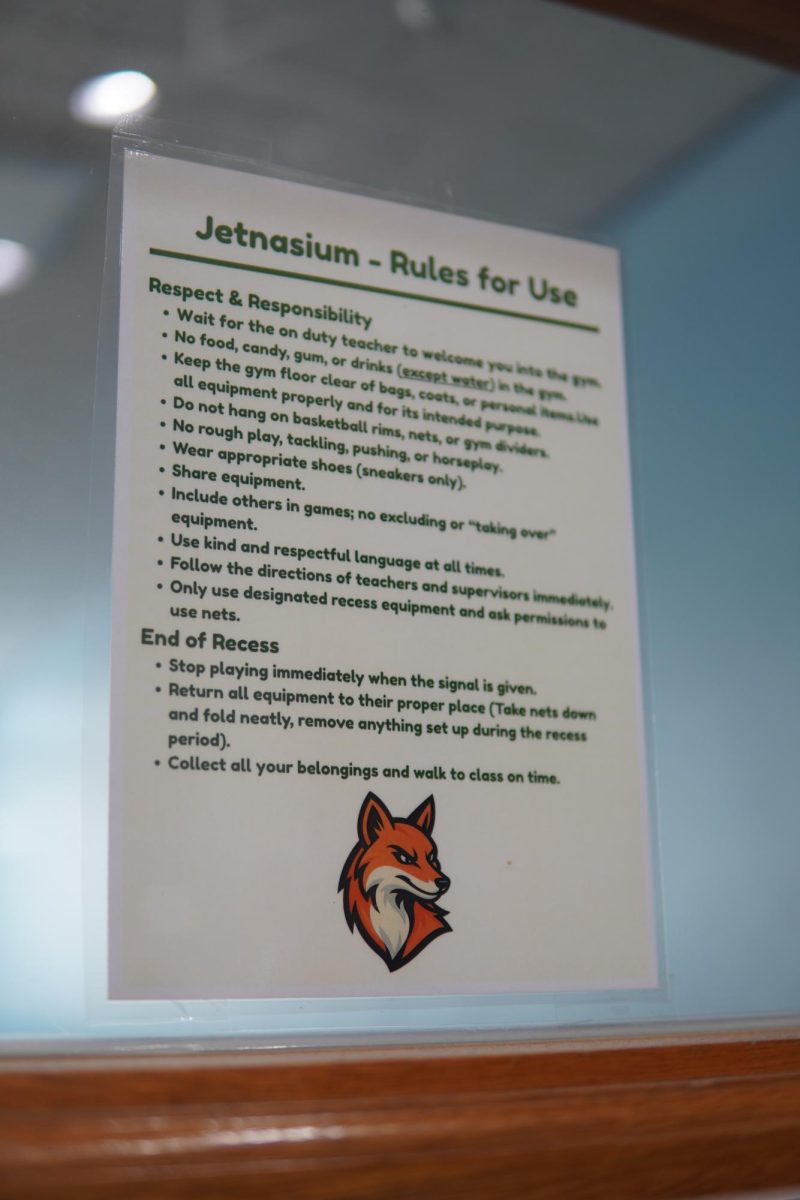

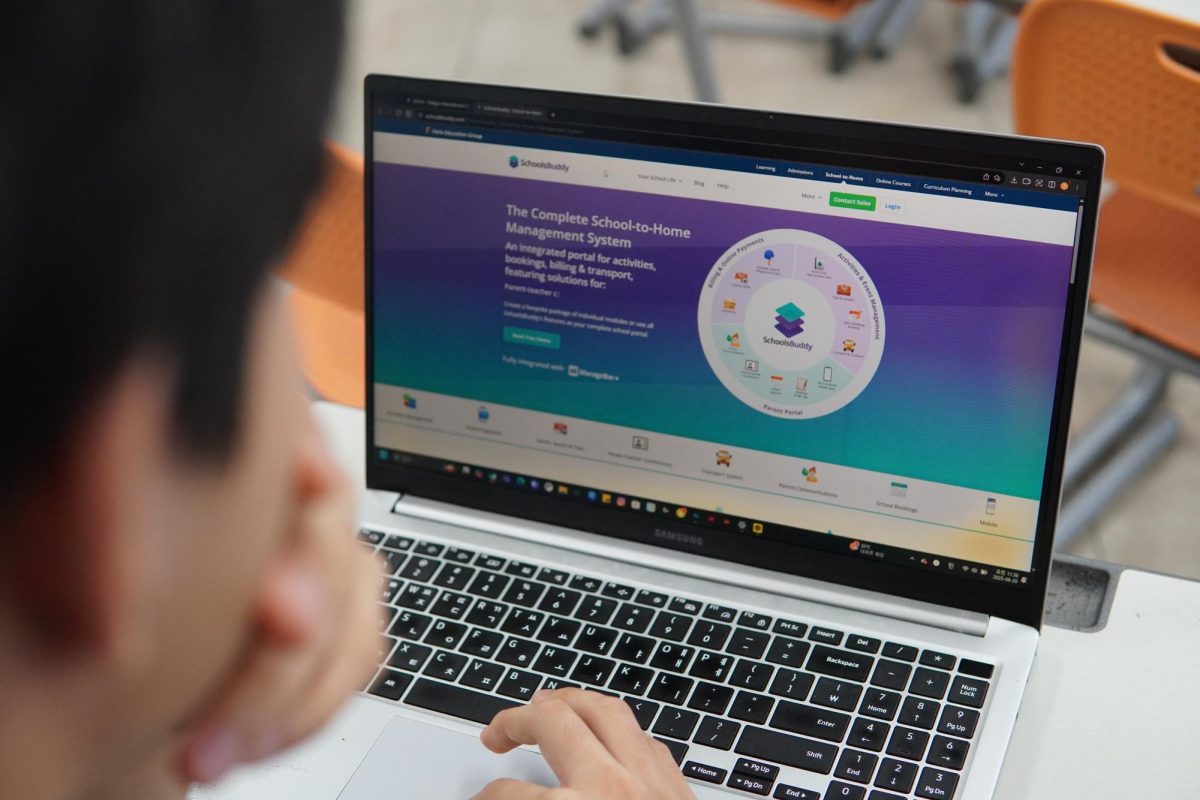
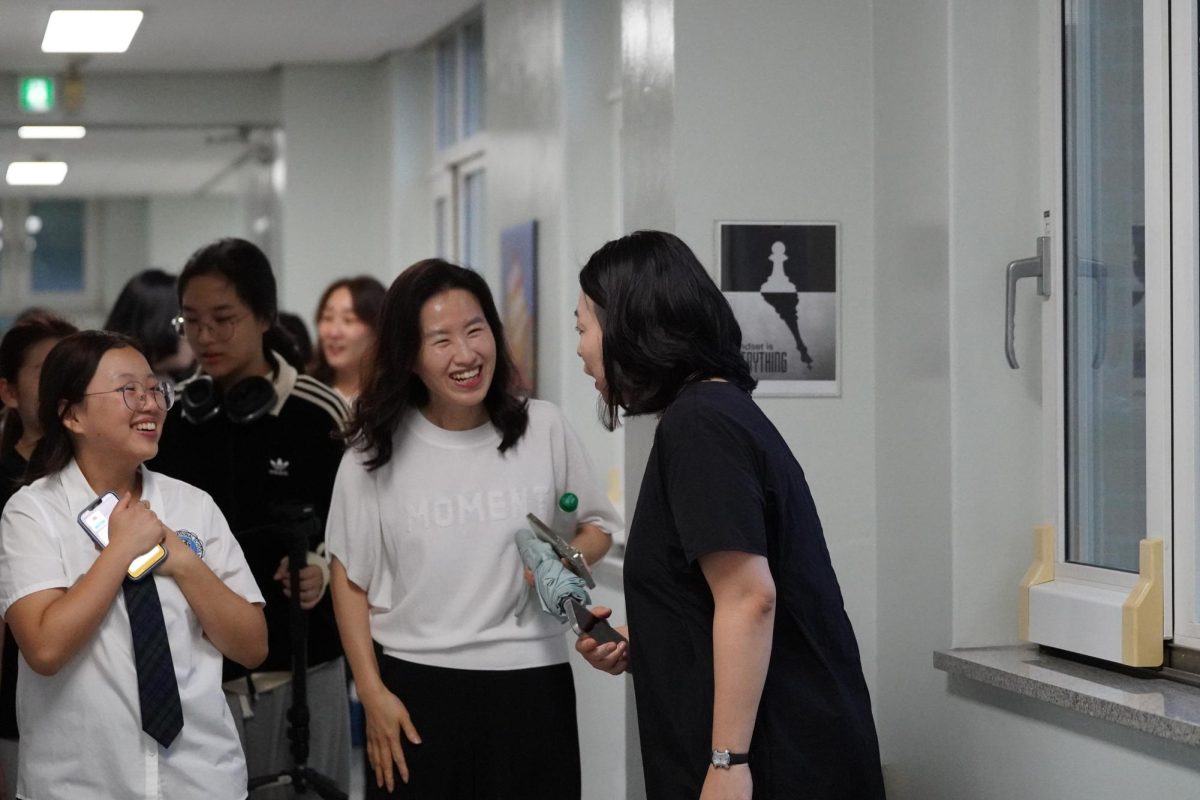







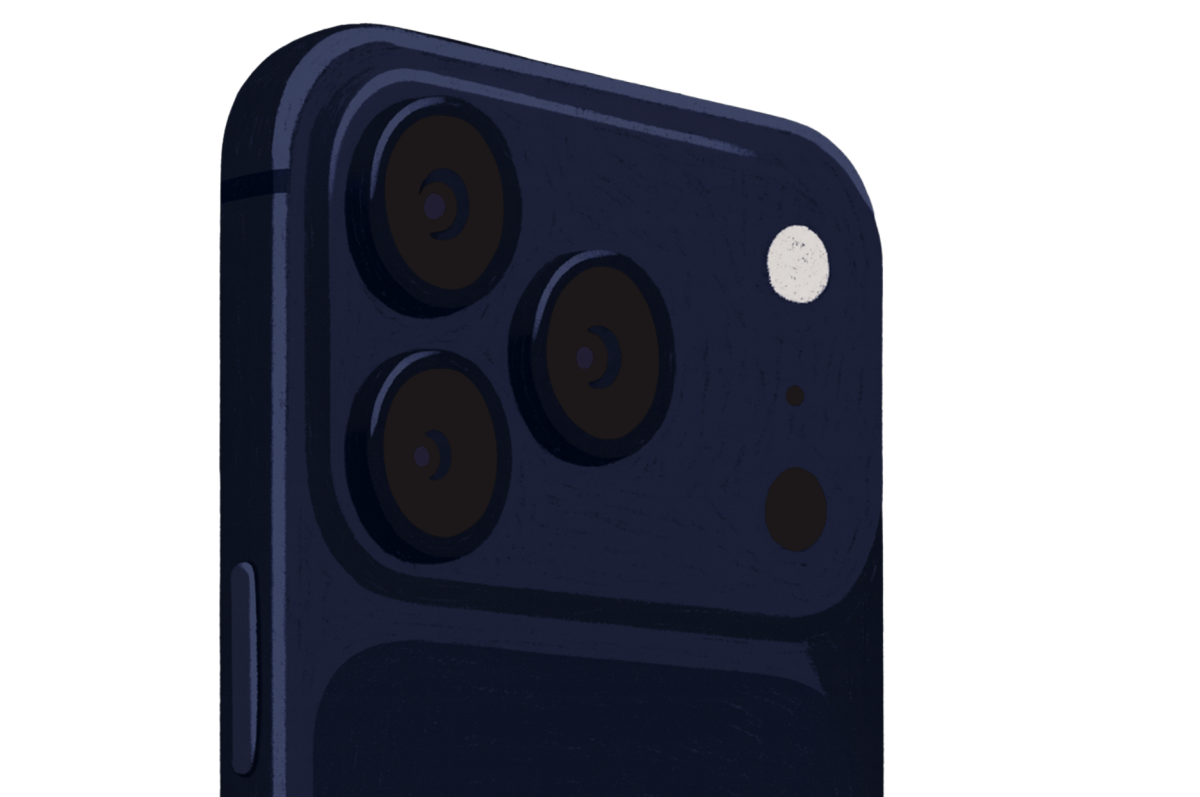























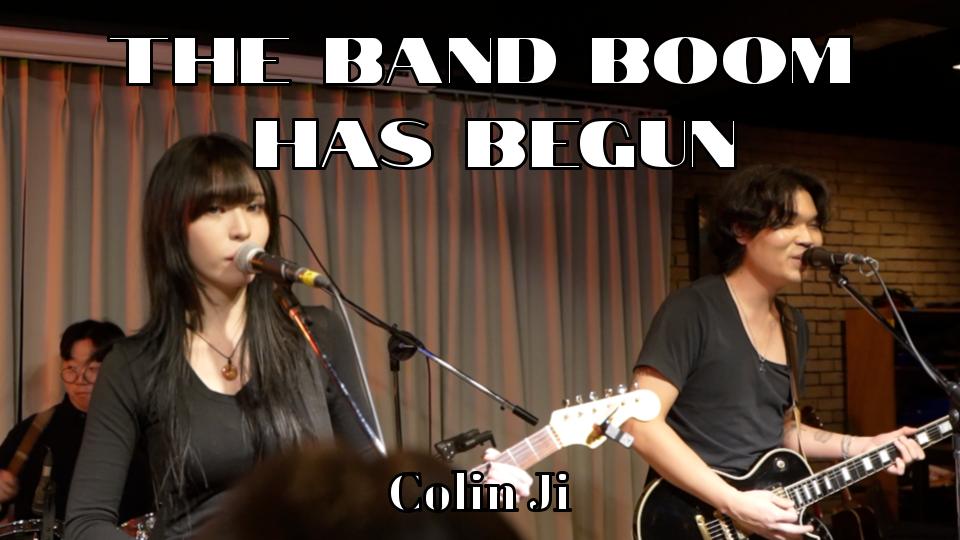











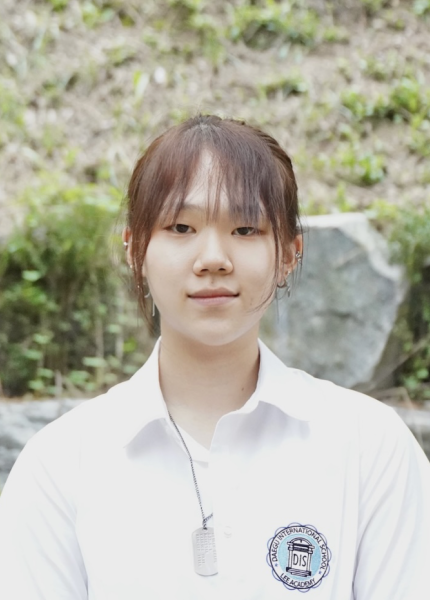

Solah • Sep 21, 2023 at 8:31 pm
Selinaaaaa amazing debut article
Ms. M • Sep 21, 2023 at 5:16 pm
Thank you for this article! It’s a good reminder that something that might feel insignificant to one person can make others feel cared for and seen. More of these articles, please!